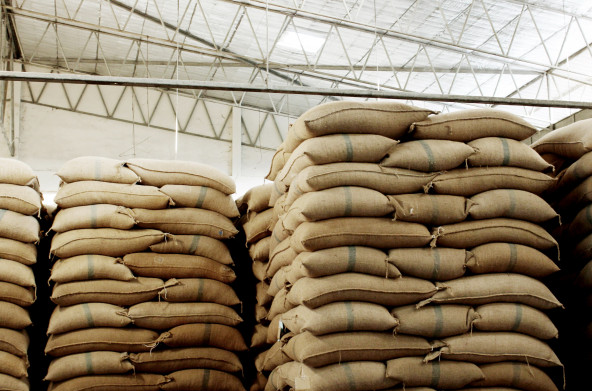The federal government says it has launched the National Agricultural Growth Scheme and Agro Pocket (NAGS-AP) to improve wheat production in the country.
In a statement on Friday, Mohammed Manga, director of information and public relations at the ministry of finance, said the initiative will target 280,000 smallholder farmers and a select group of medium-scale farmers in clusters.
Manga said Wale Edun, minister of finance, announced the initiative in Abuja as part of efforts to strengthen food security and reduce reliance on imported wheat.
“The initiative, he said, spans 16 wheat-producing States, aiming to enhance agricultural productivity and boost economic growth,” Manga said.
Advertisement
“National Project Coordinator, Ishaku Buba, while briefing the Minister, informed that the scheme is targeting 280,000 smallholder farmers and a select group of medium-scale farmers in selected clusters.
“Participants, he said, are required to contribute resources to cover inputs for one hectare of irrigated land, noting that fertiliser packages vary, with farmers in most States receiving 50kg of Urea and 100kg of NPK fertiliser, while farmers in Jigawa State will receive increased inputs due to its soil nutrient demands and a commitment of the State Government to boost wheat production.
“He added that the project provides significant financial support, including 25 percent subsidies on certified wheat seeds and 50 percent subsidies on fertilisers, thus reducing costs for participating farmers.”
Advertisement
According to the statement, 409 redemption centres have been established to facilitate distribution, with 281 already operational, reaching 68,389 farmers, which accounts for 24.42 percent of the target.
“The program is expected to conclude its input distribution phase later this month, aligning with the wheat planting calendar,” Manga said.
“Enhanced security measures have also been enacted, with personnel drawn from the Police, DSS, and NSCDC in place at redemption centres to ensure smooth operations.”
In his closing remarks, Edun commended the project team for their efforts, emphasising the scheme’s potential to strengthen food security, support rural economies, and reduce Nigeria’s dependence on imported wheat.
Advertisement









